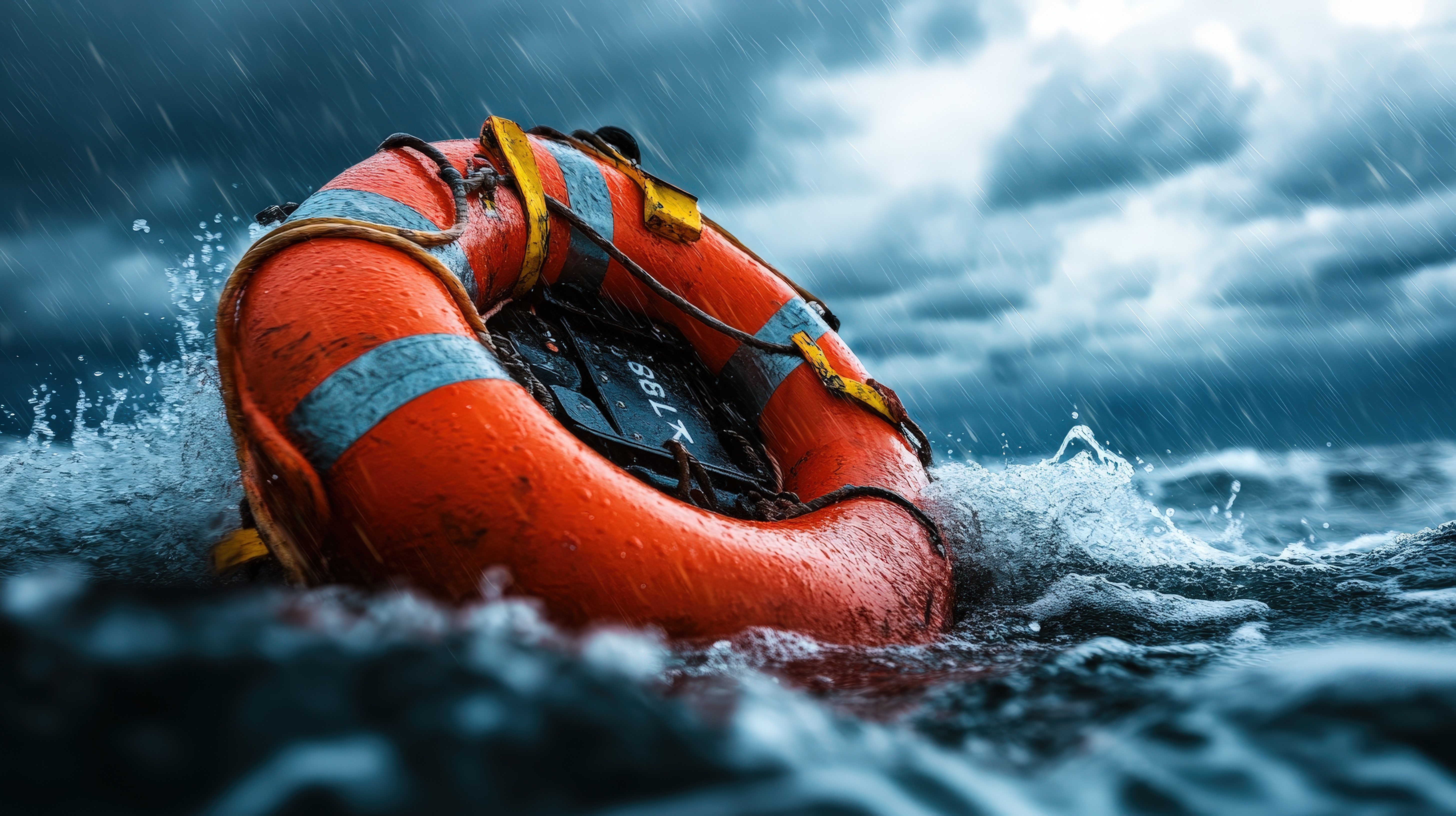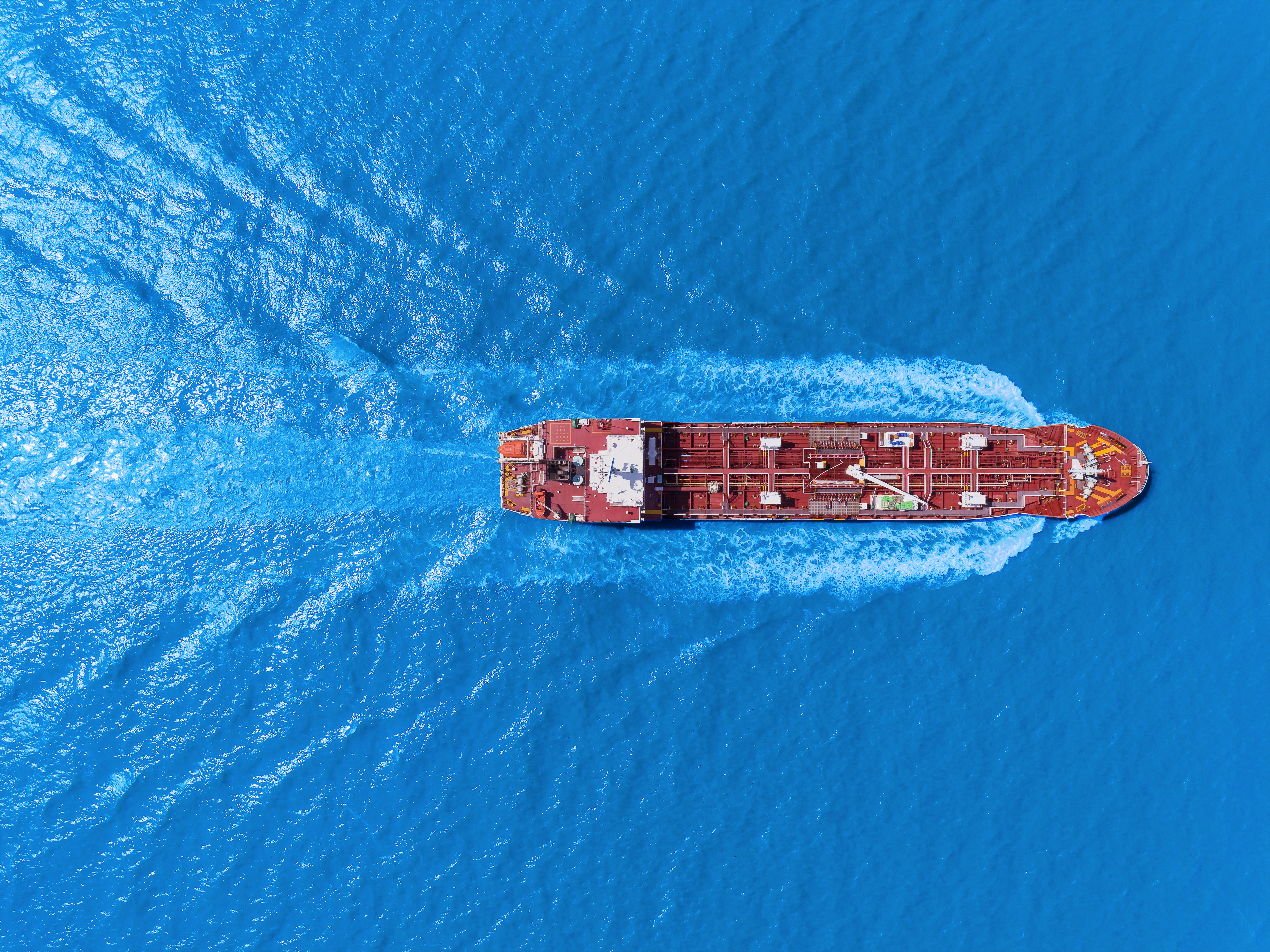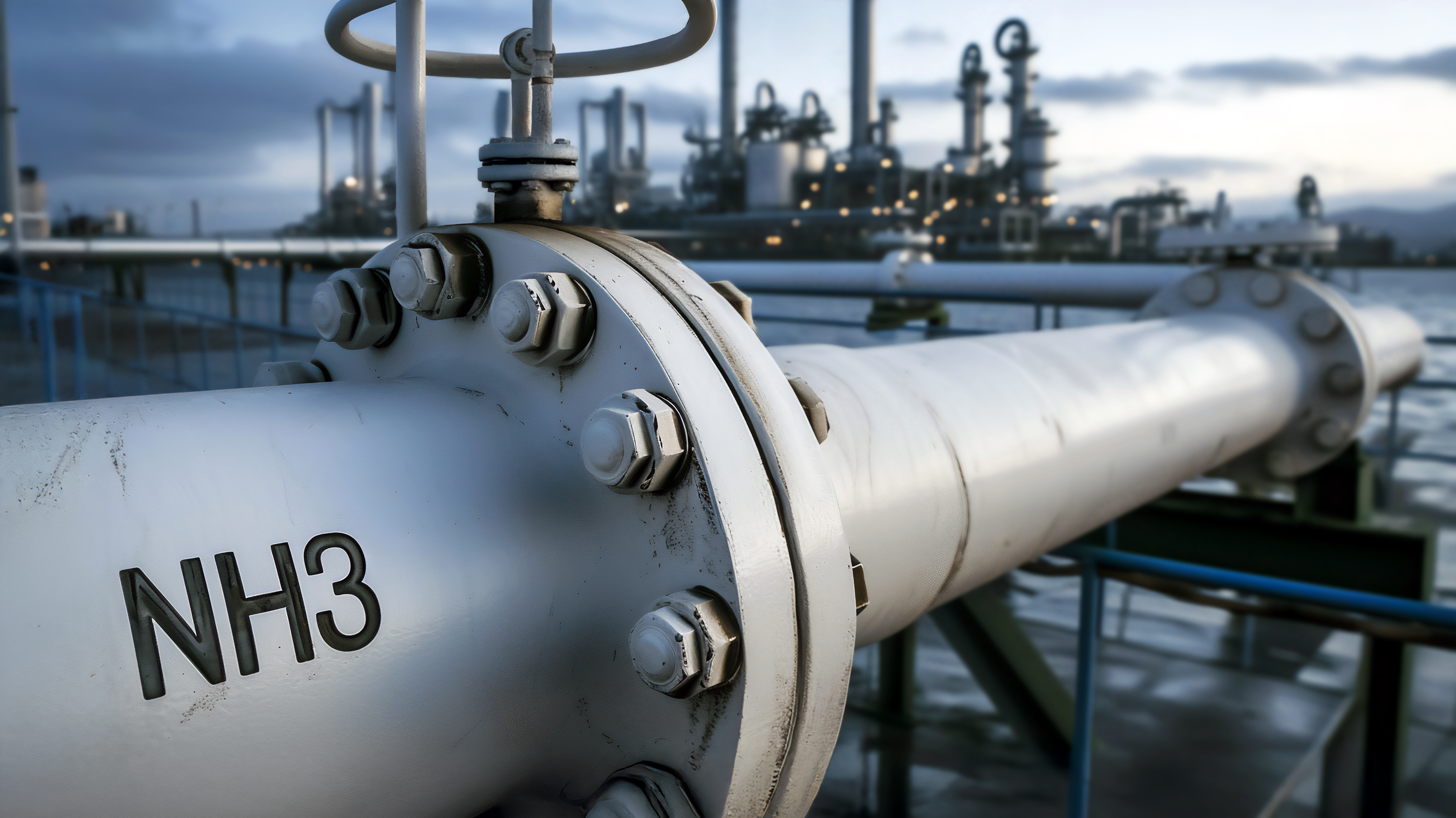GLENCORE ENERGY UK LTD v FREEPORT HOLDINGS LTD, "THE LADY M", [2019] EWCA Civ 388 - 14th March 2019 - COURT OF APPEAL
This was a claim for damages brought by the Claimant, cargo owners, against the Defendant, shipowners. A fire on board the vessel "Lady M" had immobilised her while the cargo was being shipped. The shipowners hired salvors and declared general average. The cargo owners agreed to pay the salvors and then sought to recover these costs from the shipowners, alleging a breach of the bills of lading or the bailment of the cargo. The Hague-Visby Rules 1968 applied, and the shipowners relied in particular on Article IV Rules 2(b) "fire, unless caused by the actual fault or privity of the carrier" and/or 2(q) "any other cause arising without the actual fault or privity of the carrier, or without the fault or neglect of the agents or servants of the carrier" to avoid liability. It was agreed that the fire was started deliberately by the Chief Engineer, while his state of mind at that time was undetermined.
The first instance court's decision in shipowners' favour was reported in our QCR Winter 2017
The Claimant appealed against the Judge's decision on the basis that: (1) the conduct of the Chief Engineer in starting the fire constituted barratry and that this conclusion did not depend on a close analysis of the Chief Engineer's state of mind at the time; and (2) the Article IV, Rule 2(b) defence was not available where the fire was caused by the barratrous act of the Master or crew.
Judgment
The Court of Appeal upheld the lower court's decision that the carrier could rely on the fire defence in Article IV Rules 2(b) and stated that:
"There was no sound policy reason for reading the word 'fire', both in isolation and in context, in a way that excludes fire where deliberately caused by the crew, from the carrier's defence under Article IV, Rule 2(b). In cases of barratry the carrier's agents are acting contrary to the carrier's interests and in breach of the trust reposed in them.
The construction of the fire exception was not affected by the Supreme Court's decision in Volcafe v CSAV in relation to the construction of the inherent vice exception. It was important not to lose sight of Lord Sumption's observation that there is 'no unifying legal principle' behind the list of exceptions in Article IV, Rule 2 (see [60] of full judgement).
The correct approach was to construe the exceptions in their own terms, while bearing in mind that they fall under a general heading and have to be construed as part of the overall scheme of obligations, liabilities and exceptions set out in Articles III and IV".
Comment
The Court of Appeal has provided clear guidance on the application of the fire defence. The position is that the carrier can rely on the fire defence even where the fire is caused intentionally by the crew, unless the vessel was unseaworthy in breach of Article III, rule 1, or the fire was caused with the actual fault or privity of the carrier.
A significant point in this case is that the court noted there was no pre-Hague Rules judicial interpretation of 'fire' as a term which had a clearly assigned meaning that excluded fire caused by the crew. The travaux préparatoires to the Hague Rules did not support such a construction.




